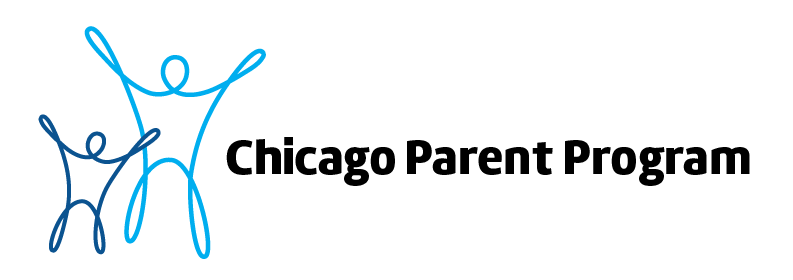Video Previews
Reading as a Routine
Reading with children, especially when it’s child-centered, teaches them that learning is both valued and fun. Watch how this parent supports her children’s learning by reading together. How does this parent make reading child-centered? What do you think the children are learning? How do you think these children are feeling? (from Session 2 “Family Routines & Traditions”)
Praise for Hard Work
It’s important for parents to think about the feelings and behaviors they really value in their children. Then support those feelings and behaviors by giving them more of your attention. The guiding principle here is that if you want to see a behavior again, give it your attention. In this scene, what is the behavior this father values in his son? What do you think this child is learning about what his father values? How might this kind of “labeled” praise affect other challenges this child faces in the future? (from Session 3 “Praise & Encouragement”)
Reward Programs
Sometimes the behavior parents want to change in their children is particularly challenging. In this scene, a mother rewards her 3-year-old daughter for sleeping through the night. What are the different ways this mother communicates how proud she is of her daughter sleeping through the night? How do you think this child is feeling about herself? (from Session 4 “Using Rewards for Challenging Behaviors”)
Question Commands
Question commands are parent expectations stated in the form of a question. Some parents feel these types of instructions are more polite. But while it is always important to be respectful, stating your expectations in the form of a question may give children the idea that they don’t have to meet your expectations if they don’t want to. In this scene, watch what happens when the parent uses question commands to get her child to assist with the grocery shopping. How does the child respond to her question commands? What would you like this mother to do differently? (from Session 5 “Say What You Mean & Mean What You Say”)
Not Following Through
It is important to communicate your expectations clearly to children. But parents need to follow through if the child does not then do what they are told. When parents do not follow through, it suggests to the child that what the parent wants is not important. Children learn quickly that they can get out of doing something if their parents can be distracted or talked out of it. Watch what happens in this scene when the father does not follow through on his instructions after seeing his daughter become upset. What do you think this child just learned from this experience? What would you like to have seen this father do differently? (from Session 5 “Say What You Mean & Mean What You Say”)
Logical If/Then Statements
Logical if/then statements warn children what will happen if their misbehavior continues. These types of statements are an effective way to help children make wise decisions though they need to be logical, fair, and appropriate for the child’s age. The mother in this scene uses a logical if/then statement to let her daughter know that she needs to follow her mothers’ instructions. Watch how the mother handles the situation when her daughter tests the limit that has been set. What makes this mother’s strategy so effective? What do you think her daughter is learning? (from Session 6 “Setting Limits & Teaching Responsibility”)
Take 5 Breathing Exercise
Because too much stress can make it difficult for parents to remain calm and think clearly, the Chicago Parent Program includes one session on managing and reducing stress. In this session we describe 6 simple techniques to reduce stress, which parents can also teach to their children for when they become stressed. One strategy, called the Take 5 Breathing Exercise, is a way to use your breath to bring yourself down from a stressful place. Watch how our narrator describes this simple stress reduction strategy. (from Session 9 “Reducing Stress”)
